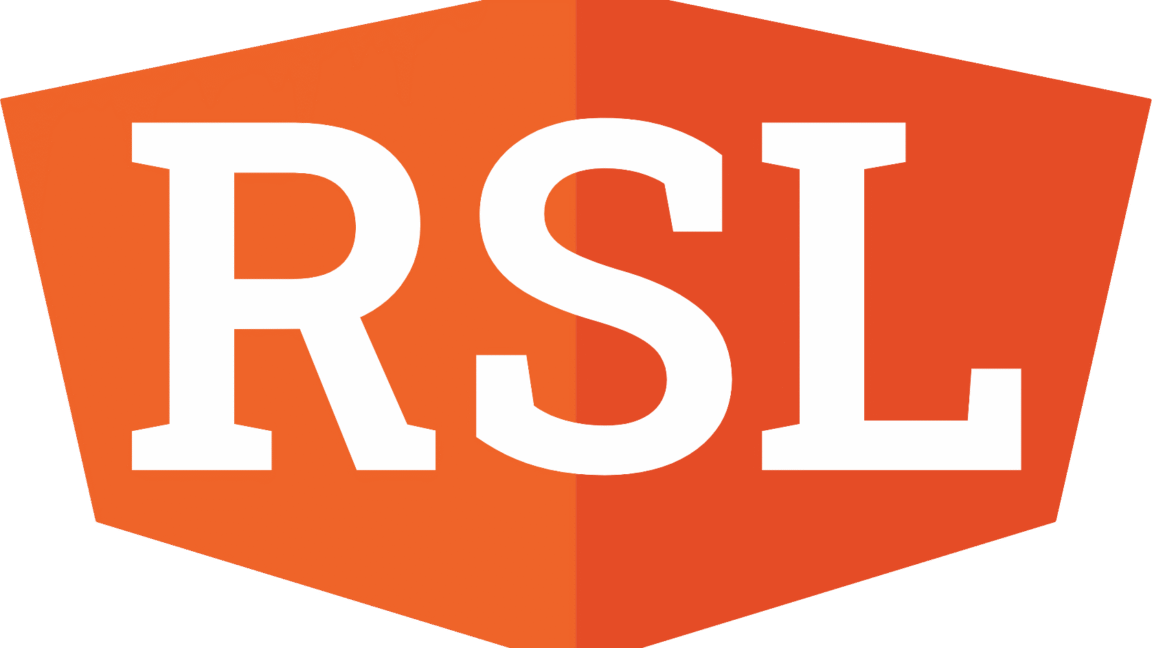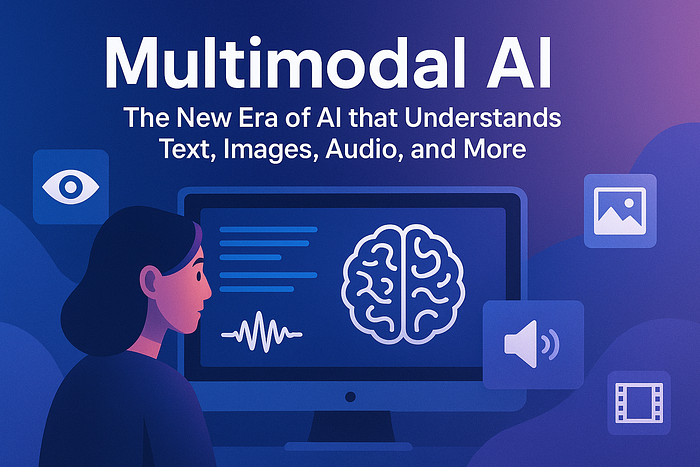Introduction to VMware’s AI Native Platform
The owner of VMware, Broadcom, has recently announced that its VMware Cloud Foundation platform is now AI native. This announcement was made at the VMware Explore conference a few weeks ago. The move is part of the company’s efforts to keep up with the rapid adoption of large language models in the technology industry. However, this announcement comes at a time when the company is facing bad press about its licensing policy changes, which have been a concern for users since Broadcom acquired VMware in November 2023.
The Challenges of Licensing Policy Changes
The ending of the platform’s free tier, reports of aggressive sales tactics, and several court cases focused on existing agreements have led many users to rethink their use of VMware. Some users have even started to consider alternative options such as Nutanix, SUSE, and IBM. However, migrating from VMware can be complex and costly, especially for organizations with heavily virtualized environments. The high migration costs and potential risks to an organization’s QoS metrics make it difficult for users to switch to alternative platforms.
The Integration of AI into VMware
By integrating AI into its platform, VMware aims to make it simpler for users to deploy AI models and agents inside their existing environments. The company plans to ship VMware Private AI Services with VCF 9 subscriptions next year. This service will include a model store, indexing services, vector databases, an agentic AI builder, and a ready-made API gateway. The goal is to provide users with a comprehensive platform to build and run AI on-premise or outside hyperscale facilities.
New Features and Improvements
In addition to the AI native platform, VMware has also announced improvements to the VMware Tanzu Platform. These improvements include simpler publishing of MCP servers and a new data lakehouse, Tanzu Data Intelligence. The company has also introduced Intelligent Assist for VCF, a chatbot with access to the VMware knowledge base. This AI-powered chatbot will be able to lengthen the time between a user raising an issue or question and them getting to speak to a human who can help.
The Future of Virtualization
The excitement around widespread adoption of containers and cloud services has led many to declare that the end is nigh for traditional virtualization. However, the reality is that legacy infrastructure compels enterprise users to consolidate on the platforms they have invested in, despite high costs. VMware’s decision to integrate AI into its platform is a nod in the AI direction, but it is not a unique or new feature. The company’s long-term income is guaranteed by the presence of legacy infrastructure at the core of the enterprise.
Conclusion
In conclusion, VMware’s announcement of its AI native platform is a significant move in the company’s efforts to keep up with the rapid adoption of large language models in the technology industry. However, the company still faces challenges related to its licensing policy changes and the potential risks and costs associated with migrating from its platform. The integration of AI into VMware’s platform is a step in the right direction, but it is not a unique or new feature. The company’s focus on providing a comprehensive platform for building and running AI on-premise or outside hyperscale facilities is a positive development, but it remains to be seen how users will respond to these changes.
FAQs
- What is VMware’s AI native platform?
VMware’s AI native platform is a new feature that allows users to deploy AI models and agents inside their existing environments. - What is VMware Private AI Services?
VMware Private AI Services is a comprehensive platform that includes a model store, indexing services, vector databases, an agentic AI builder, and a ready-made API gateway. - What are the benefits of using VMware’s AI native platform?
The benefits of using VMware’s AI native platform include simpler deployment of AI models and agents, improved performance, and reduced costs. - What are the challenges faced by users who want to migrate from VMware?
The challenges faced by users who want to migrate from VMware include high migration costs, potential risks to an organization’s QoS metrics, and the complexity of migrating from a heavily virtualized environment. - What is the future of virtualization?
The future of virtualization is uncertain, but it is clear that legacy infrastructure will continue to play a significant role in the enterprise. The adoption of containers and cloud services will continue to grow, but traditional virtualization will still be relevant.











